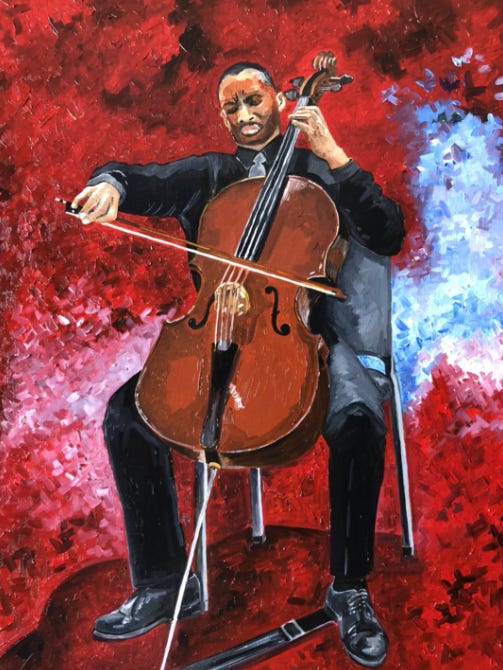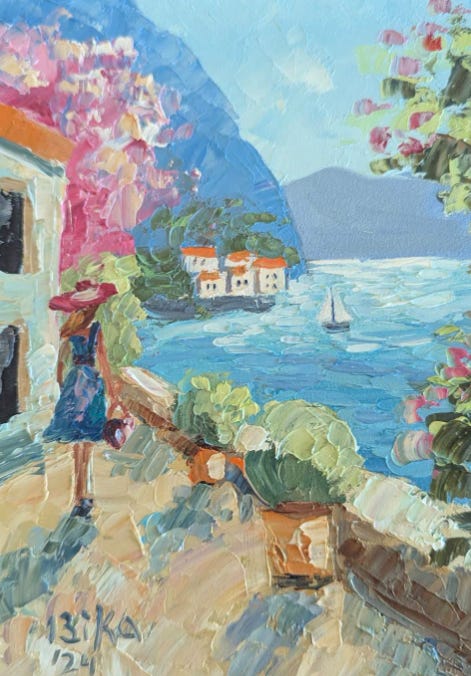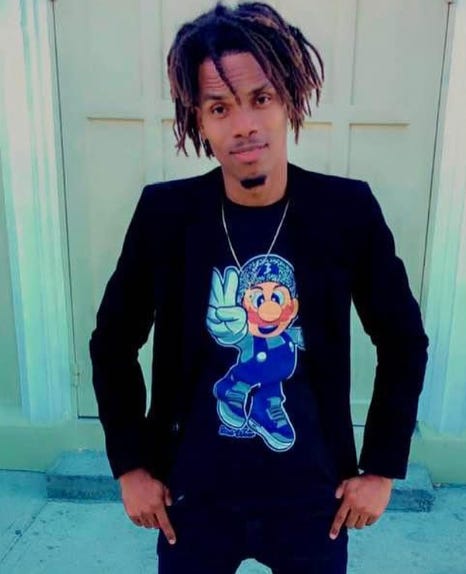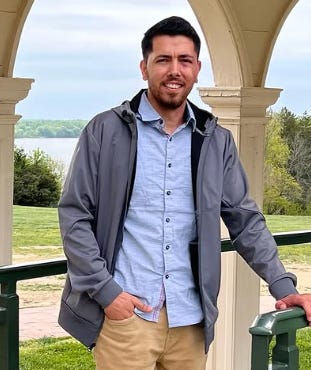Artists in Exile Exhibit Opening Reception Will Be February 15 at RH Smith Mercantile
Art, books and handmade items by refugee artists and writers will be exhibited and for sale to benefit the International Rescue Committee.
Port Jervis, New York – RH Smith Mercantile (22 Jersey Avenue) will host the opening reception for the Artists in Exile exhibition on Saturday, February 15 from 1:00-5:00 p.m. The event will feature artwork from thirty-three refugee and displaced painters, poets, and photographers.
The exhibition will offer a variety of artworks for sale, along with signed prints and books by refugee artists and authors and products made by refugee artisans. Proceeds from all sales will benefit the International Rescue Committee, which provides humanitarian relief to people affected by war, conflict, and natural disasters. Refreshments will be served and the event is open to the public.
The exhibition is being organized to raise awareness of the global refugee crisis and to support the International Rescue Committee’s efforts.
Registration is not required. For more information or to purchase tickets, visit AIEshow.com. Tickets will also be available at the door for $5 (cash or checks made out to the International Rescue Committee).
The exhibition will continue through Saturday March 15. The film, The Story Won't Die, will be screened at the closing reception.
These three artists are among the 33 who will have work in the exhibit:
Fatima Matar was born in Kuwait in 1980. She is a poet, writer, and artist. Matar earned her Ph.D. in law and was a law professor in Kuwait. She sought asylum in the United States in 2018 after facing prosecution in Kuwait due to her political opinions and social activism. She had spoken out and organized protests about a number of issues, include the Kuwaiti government's ban of more than 5000 books, honor killings, the poor treatment of women in Islam, LGBTQ rights, and the rights of the more than 50,000 stateless people in Kuwait who were deprived of citizenship, health, education, and work. Matar faced legal charges twice for speaking out on social media. When facing arrest in Kuwait, she sought asylum in the United States with her daughter, Jori. Despite having passports and visas, she and her daughter were sent to a detention center in Texas. They were put in a six by six foot room with nothing but a dirty mattress on the floor, security cameras watching them, and fluorescent lights they weren't allowed to turn off. After being released, she sought a job teaching at a college in Ohio. "When I was rejected from the local colleges, I was like, ‘OK, I could either see this as a rejection, or I could see it as the universe redirecting me,’” she said. “Art and literature were always my great loves, so I put all of my energy and passion and focus into art and my literature.” In her art, she focuses a lot on sexism, misogyny, women's rights and women's freedoms.
Lesly Pierre Paul was born in 1990 in Port-au-Prince in the Grand Rue neighborhood. He is a self-taught artist, who was influenced by other Grand Rue artists, Haitian artists like Stevenson Magloire and Mario Benjamin and other artists like Basquiat, Picasso, and Pascal Giacomini. He began making art at the age of 19 and in 2016, he founded the New Vision Art School, a non-profit that uses art as a way to keep the neighborhood’s children out of gangs. He has had shows in the United States, Haiti and France. Although not religious, Paul remains connected to Vodou culture and nature and Vodou inspires his paintings.
Qahar Behzad grew up in Kabul, Afghanistan, the son of book publishers. Behzad is a self-taught artist and began painting as a child. When he was six years old and the Taliban first emerged in Afghanistan, Behzad's family fled to Pakistan, where they remained for a few years before returning to Afghanistan. Behzad was the first artist to display and sell paintings at Camp Eggers, a US base in Kabul. Between 2005 and 2018, Behzad operated a painting studio there and taught American soldiers how to paint. Behzad earned a degree in law and political science from Rana University in Kabul in 2020. When Kabul fell to the Taliban in August 2021, US officials in Afghanistan wrote letters of support to bring Behzad to safety in the United States. He traveled to Camp Atterbury in Indiana and volunteered as an interpreter for four months. Today, Behzad works as a legal assistant for Exodus Refugee Immigration and continues his work as a painter. Afghanistan is the subject of many of Behzad's paintings as he wishes to share Afghan culture, history, and its beauty so people have a better understanding of his home country.
Community focused news can only succeed with community support. Please consider the various subscription levels.






